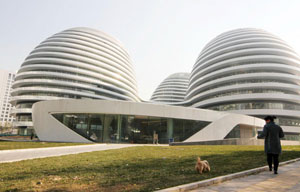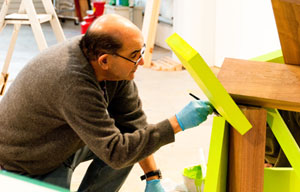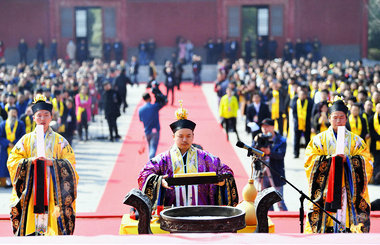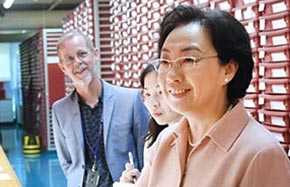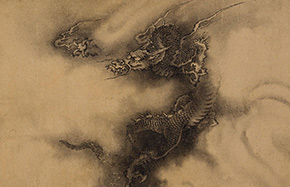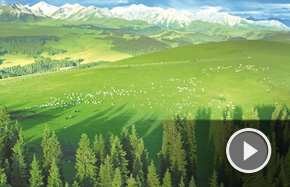Building while reflecting
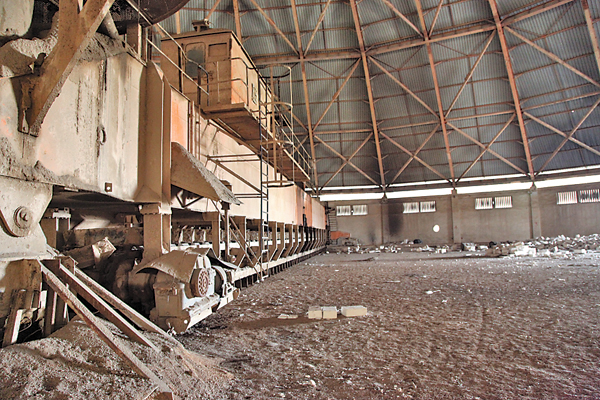 |
|
Dome and steel structure inside the defunct cement plant, which will be converted to a "cloud theater" for the biennale. |
The museums under construction include the West Bund Museum of Art, Long Museum, and Yudeyao Museum of Art, and the blueprint calls for China's largest art gallery complex to pop up here some time in the future.
Last year, DreamWorks SKG, the Hollywood studio behind hits like Kung Fu Panda and Shrek, chose to build their Shanghai studio in this area, which inspired the government to come up with plans for a digital film and electronic games manufacturing site. It will also hold eight theaters, which should help Shanghai in developing its large center for exhibitions and performances.
China is paying closer attention to the world of art, design and architecture, and it certainly does not lack biennales. But this one is supposed to be different from all the others, including the Shanghai Biennale, according to Zhang Yonghe, former dean of MIT's Architecture School and chief curator of the project. One way is that, unlike many exhibitions, it is not restricted to a gallery or two but blends in with the city.
"We imagine that people who visit the exhibition can either come here for it alone, or just come across it when they're taking a walk with their children," Zhang explains. A second difference, he goes on to explain, is in the theme - Reflecta and Fabrica - two Latin words that could describe Shanghai's history over the past three decades.
"A retrospective look at Shanghai's developmental history reveals the rise of China," Zhang adds, "over the past 30 years, its construction work, development, and urbanization have been speeding up.
"We use the Latin word 'fabrica', which means to make, to express the deeper meaning of the historical process, not only in the past but also at present and in the future. But, despite the continuing development, we also need to reflect on and review the past to construct a historical attitude toward the development - that's the 'reflecta'."
Another difference is the fact that this biennale will create a dialogue between architecture and other art forms, such as film and sound art. Why is that needed? Because, as Zhang says, for many people, architecture is the art of space, but it is also an art of time, which is always changing in illumination by day or night. And the other art forms will bring more change to architecture in the dialogue.
"In this way, the old industrial plants will get new vitality through a re-design and we'll find that new beauty," Zhang concludes.
Over the next six months, before the biennale commences, those 12 architects, including Zhang Yonghe; the Italian Vito Acconci, one of the founders of performance art; and the Danish company Schmidt Hammer Lassen Architects will be visiting the waterfront to get to work on their experiments.
Afterward, artists from other fields can create their own work based on their understanding of the buildings and the surroundings to form a dialogue between architecture and other artistic forms.
In any case, unlike so many biennales, the art activities here will roll on even after the 58-day event closes.
|
|
|






